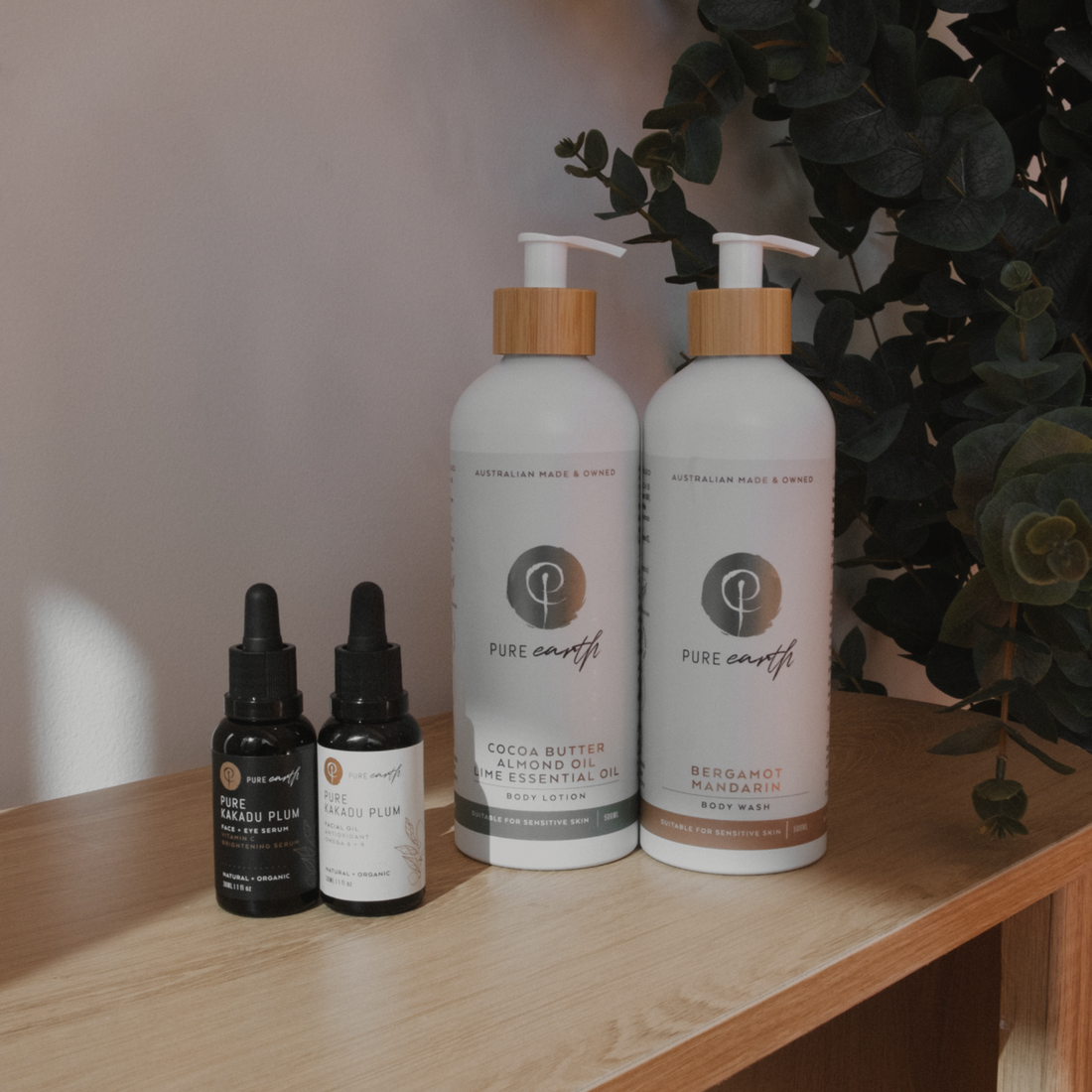Good skin is more than genetics – it reflects your daily choices. Many common habits slowly damage the skin’s barrier, leaving it dehydrated, dull, and prematurely aged. By identifying and correcting these habits, you can restore a radiant, healthy complexion. Below are seven common missteps and how to remedy them using a holistic approach.
1 Failing to cleanse and hydrate
Leaving makeup, sunscreen, sweat and city grime on the skin overnight clogs pores and creates inflammation. Cleansing gently (morning and evening) removes these impurities, helps active ingredients penetrate better and prevents break‑outs. Follow cleansing with a hydrating toner and moisturiser or facial oil to replenish water loss and lock in moisture.
2 Not drinking enough water
Hydration starts from the inside. Water plumps skin cells, improves elasticity and flushes toxins. Leonardo da Vinci famously remarked that “water is the driving force of all nature” – a reminder that every tissue, including skin, depends on adequate hydration. Aim for roughly 2–2.5 litres per day, increasing with heat or exercise. Infusing water with citrus or herbs adds antioxidants; herbal teas and water‑rich fruit also contribute to daily intake.
3 Skipping sun protection
Ultraviolet (UV) radiation is the single greatest extrinsic ageing factor. UVA rays penetrate deeply, breaking down collagen and elastin, while UVB causes sunburn and DNA mutations. Together they cause wrinkles, sagging, hyper‑pigmentation and increase melanoma risk. Apply a broad‑spectrum sunscreen (SPF 30 or higher) daily and reapply every two hours when outdoors. Seek shade or wear a hat and long sleeves during peak UV hours (10 a.m. – 3 p.m.). Vitamin D remains important, but you can obtain it through short morning or late‑afternoon sun exposure and diet.
4 Eating too many processed foods
Highly processed foods are often high in refined sugars, unhealthy fats and salt but low in vitamins and phytonutrients. Excess sugar reacts with proteins to form advanced glycation end‑products (AGEs) that stiffen collagen and lead to dullness and wrinkles. A nutrient‑rich diet supports the skin’s natural defences and mitochondrial energy production. Five key skin‑loving nutrients include:
Cellular energy depends on healthy mitochondria. Biochemist Dr Rhonda Patrick advocates eating cruciferous vegetables, berries, fatty fish, nuts and green tea to provide the vitamins, minerals and polyphenols needed for mitochondrial function. She also emphasises micronutrients such as magnesium, B‑vitamins and CoQ10 to support cellular energy production.

5 Not managing stress
Chronic stress triggers the release of cortisol and other stress hormones. Elevated cortisol increases inflammation, disrupts the skin’s barrier and can aggravate conditions such as acne, eczema and psoriasis. Stress also contributes to telomere shortening – a marker of accelerated ageing. Incorporate daily stress‑management practices: mindful breathing, yoga, meditation, gratitude journaling and regular exercise. Short breaks in nature or simply taking three deep breaths before reacting to a situation can calm the nervous system and benefit both skin and overall well‑being.
6 Not exercising
Scientists agree that regular physical activity is one of the most powerful interventions for overall health, including skin health. Cardio exercise increases blood flow, delivering oxygen and nutrients to skin while aiding lymphatic drainage. Strength training builds muscle, improves circulation and balances hormones. The World Health Organization recommends at least 150 minutes of moderate‑intensity cardio (such as brisk walking, cycling or swimming) plus at least two sessions of strength training per week. Exercise also reduces stress and improves sleep, further supporting skin regeneration.
7 Smoking and excessive alcohol
Smoking constricts blood vessels and reduces oxygen and nutrient delivery to the skin. Tobacco chemicals damage collagen and elastin fibres and slow wound healing, leading to premature wrinkles, uneven tone and a sallow complexion. Alcohol dehydrates skin, disrupts the gut microbiome and generates toxic metabolites like acetaldehyde that promote inflammation. While some past studies suggested moderate alcohol might confer cardiovascular benefits, newer research concludes that no amount of alcohol is truly safe; the damage is dose‑dependent. If you drink, do so sparingly, with food, and opt for antioxidant‑rich options like red wine.
Conclusion
Beautiful skin is not about perfection but about consistent, mindful habits. Cleansing and hydrating properly, drinking enough water, protecting against sun damage, eating nutrient‑dense foods, managing stress, exercising regularly and avoiding smoking and excessive alcohol will work synergistically to reveal a healthy, glowing complexion.

